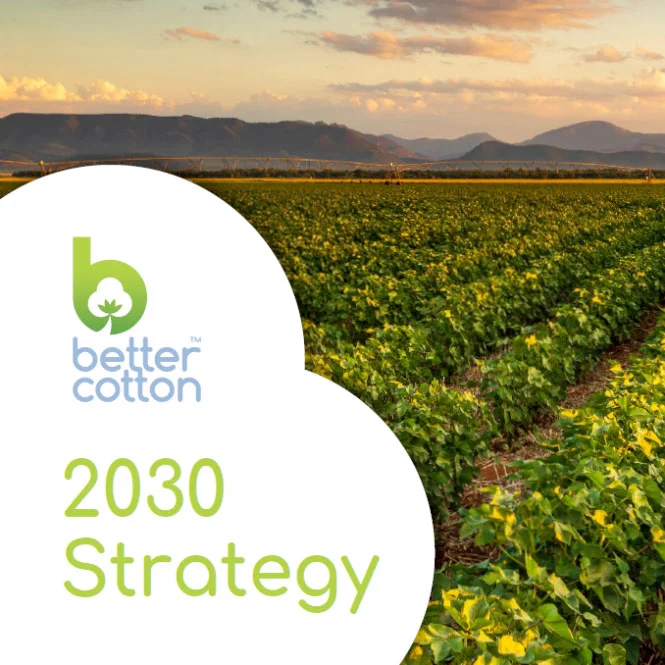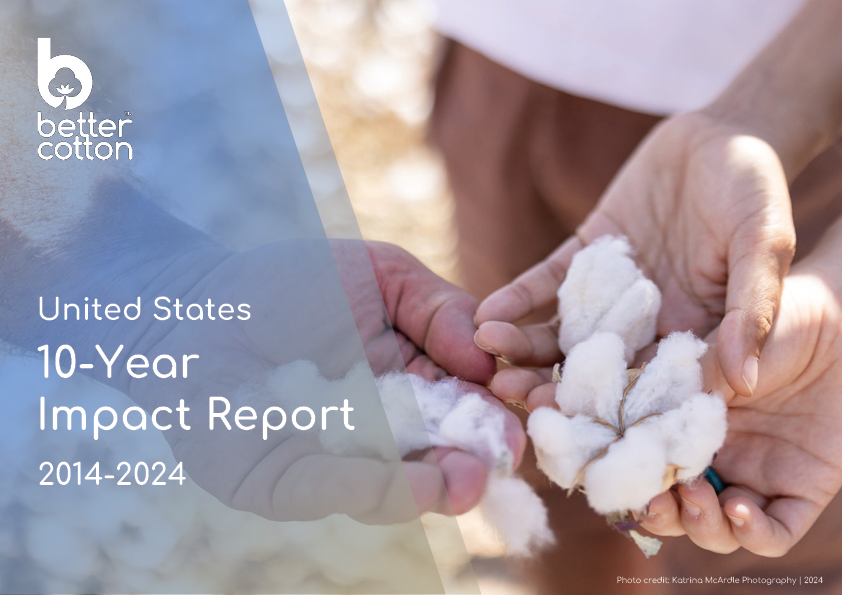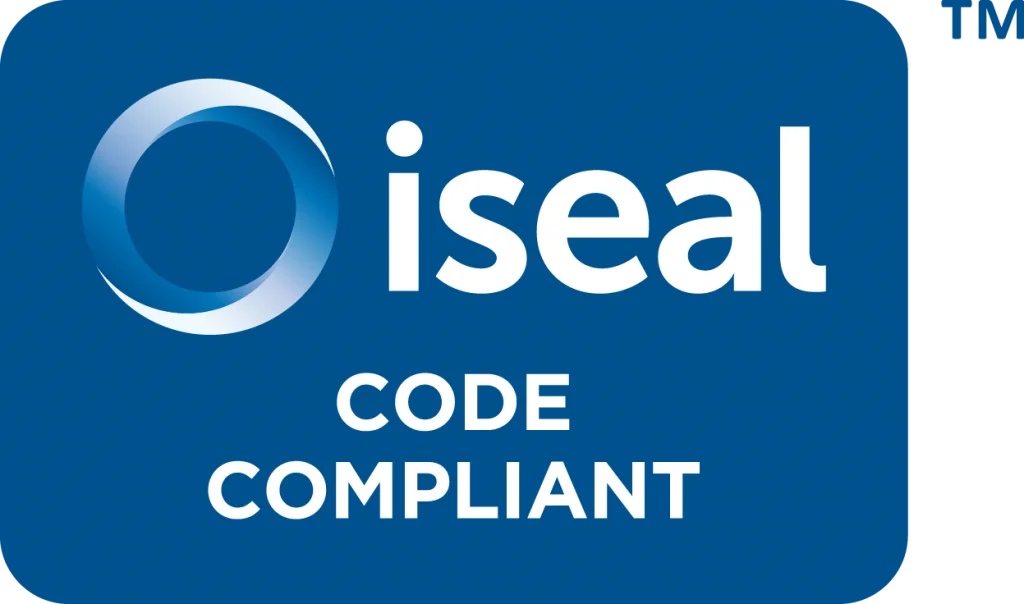Better Cotton works with on-the-ground partners to train millions of cotton farmers around the world, supporting them to implement more sustainable farming practices that protect and restore the environment, while also improving their livelihoods. To ensure our programmes are making a difference, we are committed to measuring sustainability improvements everywhere Better Cotton is grown and to evaluating the environmental, social and economic impact of the Better Cotton Standard System.
It is important to measure the numbers of farmers participating in projects and meeting the Better Cotton Standard, or the volumes of Better Cotton licensed, but we must also understand whether, as a multi-stakeholder-driven sustainability standard system, we are making substantive contributions to more sustainable cotton production.
That’s why we seek to measure the change cotton farmers achieve in a diverse set of contexts, from smallholders with limited access to mechanisation, to the most technologically advanced farming operations. Our data-driven Monitoring, Evaluation and Learning (MEL) Programme focuses on farm-level results, to measure what matters most according to our Theory of Change: continuous improvement of environmental, social and economic conditions in cotton cultivation.
Our Evidence Framework outlines the key indicators and data collection methods we use to measure our progress towards achieving the intended changes outlined in our Theory of Change.
What do we mean by ‘Impact’?
By ‘impact’, we mean the positive and negative long-term effects resulting from the implementation of the Better Cotton Standard System, either directly or indirectly, intended or unintended (from the ISEAL Impacts Code, adapted from OECD Glossary). Impact takes time to achieve and measure, but we have commissioned studies and partnered with academic institutions to seek greater understanding of the impact of Better Cotton on the people who produce it and on the environment.
ISEAL Code Compliance
ISEAL’s Impacts Code of Good Practice supports robust monitoring and evaluation that helps systems to understand how effective their standards are in achieving what they set out to do. It provides standards with a roadmap to measure progress against sustainability goals and to improve practices over time.
Better Cotton is ISEAL Code Compliant. Our system has been independently evaluated against ISEAL’s Codes of Good Practice. For more information see isealalliance.org.
We use complementary research and evaluation methods and work with independent organisations and researchers to assess the field-level results and impacts of the Better Cotton programmes. No single approach or methodology can meet all the needs for understanding the reach, efficiency, results, and ultimately impact of a sustainability initiative. A diversity of approaches is necessary to effectively measure results and impact both at scale and in depth.
Find out more
Roadmap to Change Read how our Theory of Change defines intended impacts and pathways to get us there.
Demonstrating Results & Impacts Understand how this looks in practice.



